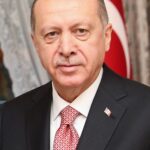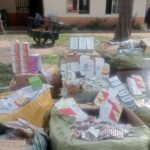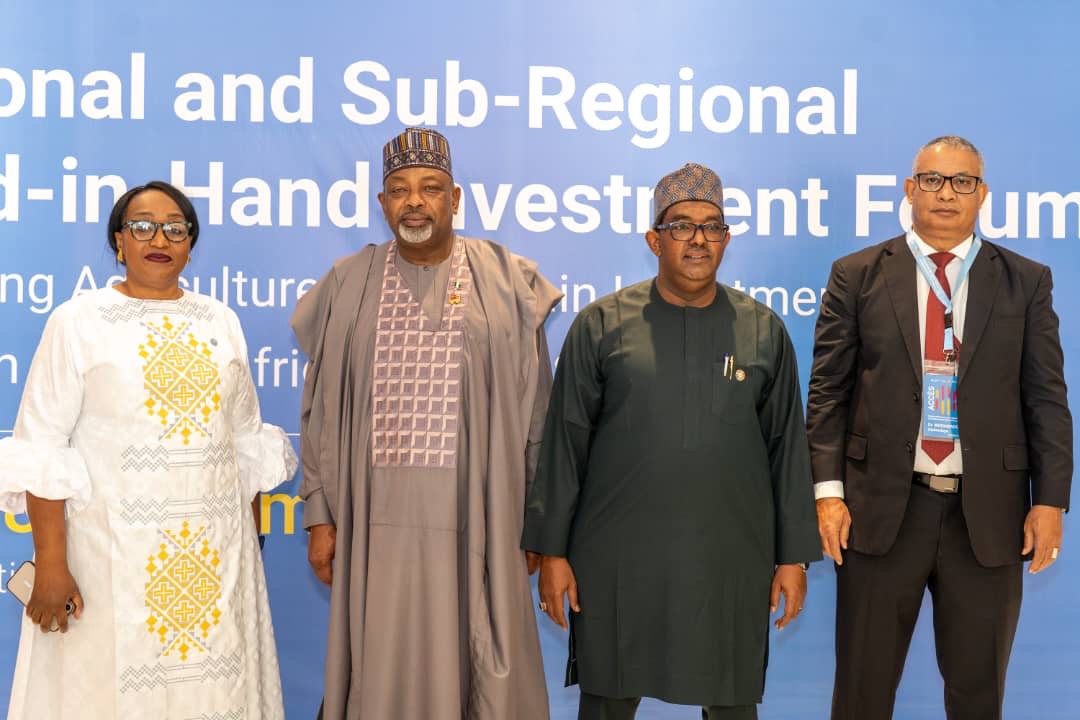By Patricia Amogu
Nigeria and 10 other countries in the Sahel region are seeking $6 billion to irrigate 1.2million hectares of land across the region.
Mrs Bintia Stephen-Tchicaya, FAO Sub-regional Coordinator for West Africa and FAO Representative for Senegal, said this a two-day National and Subregional Hand in Hand Investment Forum, on Wednesday in Abuja.
“In West Africa and the Sahel, the challenges we face, notably climate change, water scarcity, land degradation, food insecurity, and youth unemployment, are complex and interconnected.
“However, the good news is that the solutions are also interconnected, the Hand-in-Hand Initiative particularly offers a pathway to unlock these solutions.
This Forum is therefore a strategic platform to turn priorities into action.
” First, irrigation is not just a technical solution; it is a strategic enabler, it enhances productivity, builds resilience against climate change, and empowers communities.
” The investment cases we will discuss in the next two days will demonstrate how irrigation can be a driver of food sovereignty and adaptation to climate change.
“FAO has outstanding experience in supporting irrigation globally and in the sub-region ,by organising this forum, FAO reaffirms its commitment to supporting irrigation in the sub-region and calls for your collaboration in order to reach results on a bigger scale.
‘In particular, the 10 Sahel countries participating in the HiH Regional Initiative—Burkina Faso, Chad, Cameroon, Gambia, Guinea, Mali, Mauritania, Niger, Nigeria, and Senegal—together with sub-regional organizations (CILSS and ECOWAS), will present their five-year irrigation investment plans
“Collectively, these plans target the irrigation or rehabilitation of 1.2 million hectares, requiring about USD 8 billion, of which USD 2 billion is already committed by the countries.
“Countries are therefore seeking partnerships with resource partners to help bridge the USD 6 billion gap.
“In addition, market linkages and value chain development are being factored in to ensure reliable outlets for produce from irrigated areas.
“Therefore, this Forum will serve as a space for matchmaking between countries and partners, with the aim of mobilising the needed investments and contributing to the fight against poverty and malnutrition—at a time when nearly one in five people in Africa (307 million) still experienced hunger in 2024,” she said.
Also, FAO representative in Nigeria and to ECOWAS, Dr Hussein Gadain, highlighted three strategic pillars for action; sustainable land and water management, transformation of agri-food production systems and stronger research and innovation capacity.
He noted the need for Governments to put agriculture at the centre of their development agendas.
“Your leadership is critical and catalytic, simplify political processes for investors and ensure that your national policies create an enabling environment for climate-smart, inclusive businesses”, Gadain said.
Edited by Bayo Sekoni












